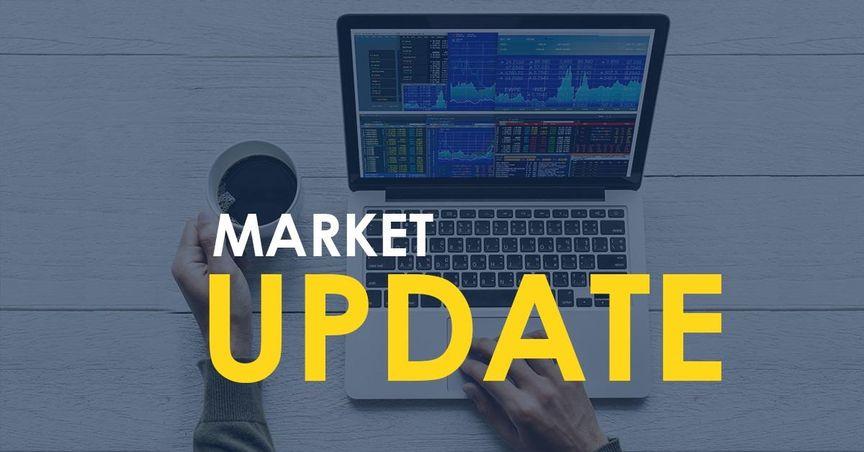Highlights
Equity risk premium narrowed as trade duties fuel uncertainty
Global earnings forecasts have been trimmed in light of slowing growth expectations
Scenarios range from gradual moderation to a rebound if trade barriers ease
The global financial markets sector is influenced by shifts in trade policy, monetary decisions and corporate performance. Recent US import duties have raised questions about their wider impact on valuation metrics, earnings outlooks and central bank actions.
Narrowing Equity Risk Premium
The equity risk premium measures the extra return investors demand for equity over sovereign bonds. Rising government yields and wider corporate credit spreads have compressed this premium, reducing the appeal of equities relative to fixed‑income alternatives. With import levies adding uncertainty to growth projections, the premium has reached levels that many market participants find barely compensatory for equity market volatility.
Earnings Forecast Adjustments
Global corporate earnings per share forecasts have been cut following revisions to growth outlooks. A decline in gross domestic product expectations typically drives lower earnings estimates. Historical data show that a modest contraction in world GDP can translate into double‑digit percent drops in earnings expectations. These adjustments reflect the sensitivity of profit margins to slower economic activity and tighter cost structures in trade‑exposed industries.
Central Bank Stance and Market Volatility
The Federal Reserve’s recent policy communications underline a cautious stance amid persistent inflation pressures. Markets are projecting a shift towards rate ease later in the year, but near‑term guidance remains data‑dependent. This backdrop contributes to heightened volatility, with traders weighing incoming inflation data, employment figures and tariff developments as key inputs for positioning.
Valuation Gaps Across Sectors
Valuations in economically sensitive sectors have not offered significant discounts relative to more defensive categories such as healthcare and utilities. Cyclical stocks, closely tied to the business cycle, currently trade at multiples comparable to stable‑growth industries. This compression contrasts with historical norms, suggesting a re‑examination of sector rotation strategies as trade-induced headwinds persist.
Moderation Versus Rebound Scenarios
A “moderation” scenario envisages a plateau in new tariff measures, followed by a gradual pullback in bond yields and a Fed rate easing path. In this case, global GDP growth would slow but avoid recession, aided by targeted fiscal support in major economies. Conversely, a “blue‑sky” outcome relies on a rollback of existing trade barriers and tighter credit conditions easing, which could spur a resurgence in earnings and push equity indices higher.



